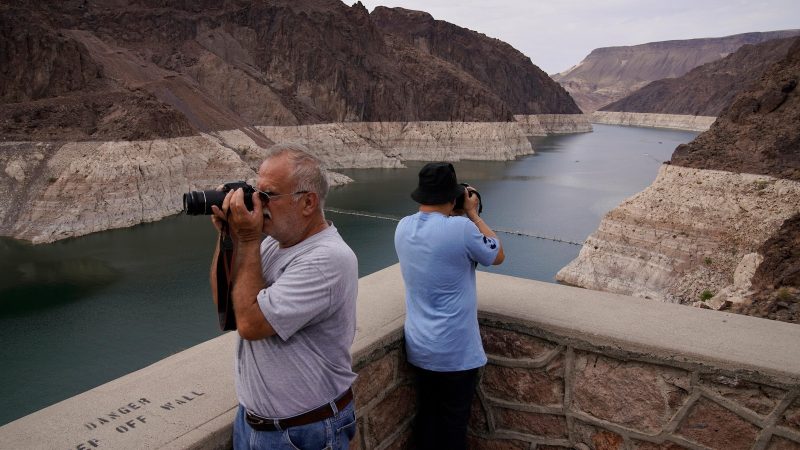
Campgrounds, boat ramps, and visitor centers at numerous federal lakes and reservoirs across six states are facing closures or reduced hours, starting mid-May. This comes as a direct result of budget cuts implemented by the Trump administration, leading to significant disruptions for outdoor recreation and tourism.
The U.S. Army Corps of Engineers, responsible for managing these recreational areas, cites staffing shortages and budgetary constraints as the primary reasons for the closures. Their strategy involves concentrating remaining staff at fewer sites to maintain a full range of services for those locations that remain open. However, this leaves many popular recreational spots inaccessible to the public.
This decision has sparked outrage in affected communities. In Pickstown, South Dakota, for example, residents are deeply concerned about the closure of the visitor center at Fort Randall Dam and the suspension of powerhouse tours. The visitor center and dam tours are significant draws for tourism, and their loss will have a noticeable economic impact on the town.
Similar concerns are echoed in western Kansas, where plans to limit campsite use at Wilson Lake to daytime only are met with skepticism. Local businesses worry about the potential loss of revenue, despite the Corps’ assurances that the closures will lead to cost savings. The impact on local economies reliant on tourism related to these lakes is undeniable.
The closures extend beyond individual sites. Visitor information centers at several Kansas lakes are slated for closure, and overnight camping will be prohibited at numerous locations. While the Corps highlights efficiency initiatives like self-service registration and cashless payments, these measures do little to comfort those affected by the immediate loss of access to these beloved recreational areas.
The situation is not isolated to one region. Similar closures have already been implemented in Pennsylvania and Washington state, highlighting the widespread impact of these budget cuts. The Corps insists that concentrating resources will allow them to better maintain essential missions, but the impact on public access to these natural resources is significant and raises questions about the administration’s priorities.
The closures represent a significant blow to outdoor recreation enthusiasts and local communities alike. The economic and social consequences of these actions are likely to be felt for a considerable time, underscoring the broader implications of drastic government spending cuts on public services and access to natural resources.










